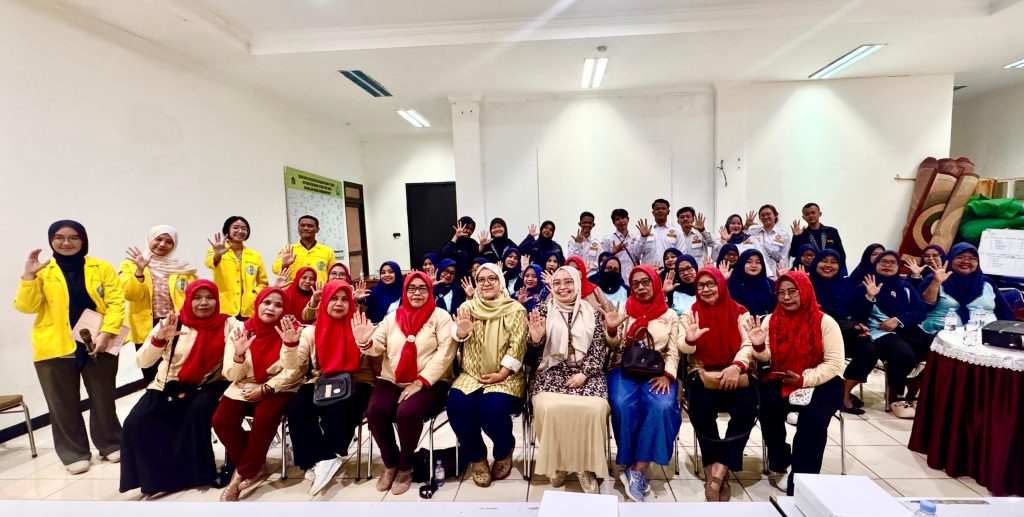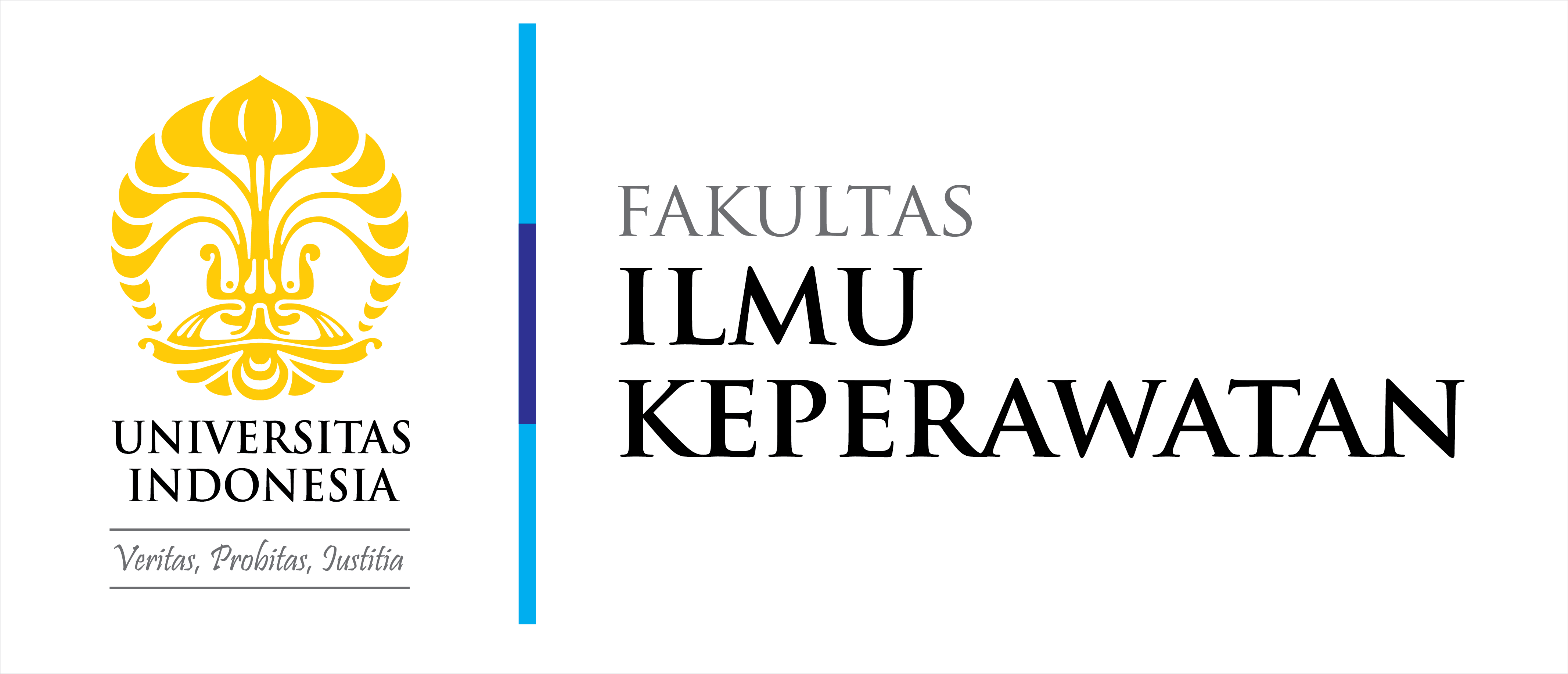
Flooding is no stranger to residents of Rawa Terate, Cakung, East Jakarta. Every rainy season, concerns about water overflowing into homes, skin diseases, diarrhea, and sanitation issues loom large. In response to these challenges, Universitas Indonesia (UI), through students from the Faculty of Nursing (FoN UI) and the Vocational Education Program, has launched a community service program called “CAGAR (Cakung Ready to Act).”
Supported by the Directorate of Community Service and Social Innovation (DPIS) UI and the FIK UI Research Cluster on Climate Change, Planetary Health, and Sustainable Care, the program encourages residents to be better prepared for flood disasters and the health impacts of climate change.
“Active participation from the community is a crucial asset for the sustainability of this program. The collaborative spirit is clearly visible in the interactions and follow-up initiatives led by the youth of Karang Taruna Rawa Terate,” said Ns. Suryane Sulistiana Susanti, S.Kep., M.A., Ph.D., the supervising lecturer in the field and a researcher on climate change and women’s health.
The CAGAR program was held simultaneously at two locations. At the Rawa Terate Village Office, 37 participants—including health cadres, village officials, community leaders, and youth from Karang Taruna—gathered to formulate health mitigation and adaptation strategies. They learned simple yet effective ways to protect themselves and their families when floods occur.
Meanwhile, laughter filled the Mushala Al-Istiqamah, where 35 students were invited to learn about staying healthy during floods through play. Guided by Dr. Allenidekania, S.Kep., MSc., a lecturer from FIK UI, the children practiced handwashing, sorting waste, and engaging in role-play with hand puppets. This simple education is expected to equip them with the knowledge to stay healthy even when their surroundings are affected by flooding.
The efforts went beyond education: the team also provided waste disposal facilities and installed banners along the riverbanks. Simple messages such as “Keep the Environment Clean” are intended to serve as daily reminders that flood prevention can start with small actions at home.
“We welcome this activity because it not only provides knowledge but also motivates the community to care and take action,” said Masayu, a representative of Rawa Terate Village.
Led by Aqhnia Navila Siti Khadizah, a student from FIK UI, the program is a tangible example of academic research implemented directly in the community. From classroom theories on climate change, real-life actions emerge that help residents better understand the connection between the environment and health.
With full support from DPIS UI, CAGAR is expected to be more than just a one-time activity; it represents a first step in building collective awareness. After all, protecting the environment ultimately means safeguarding the health of future generations.

Gedung A Lantai 2, Rumpun Ilmu Kesehatan (RIK), Kampus UI Depok,
Jl. Prof. Dr. Bahder Djohan, Kampus UI Depok, Pondok Cina, Kecamatan Beji, Kota Depok, Jawa Barat 16424, Indonesia.
Jl. Prof. DR. Sudjono D. Pusponegoro, Kampus UI Depok, Pondok Cina, Kecamatan Beji, Kota Depok,
Jawa Barat 16424, Indonesia.